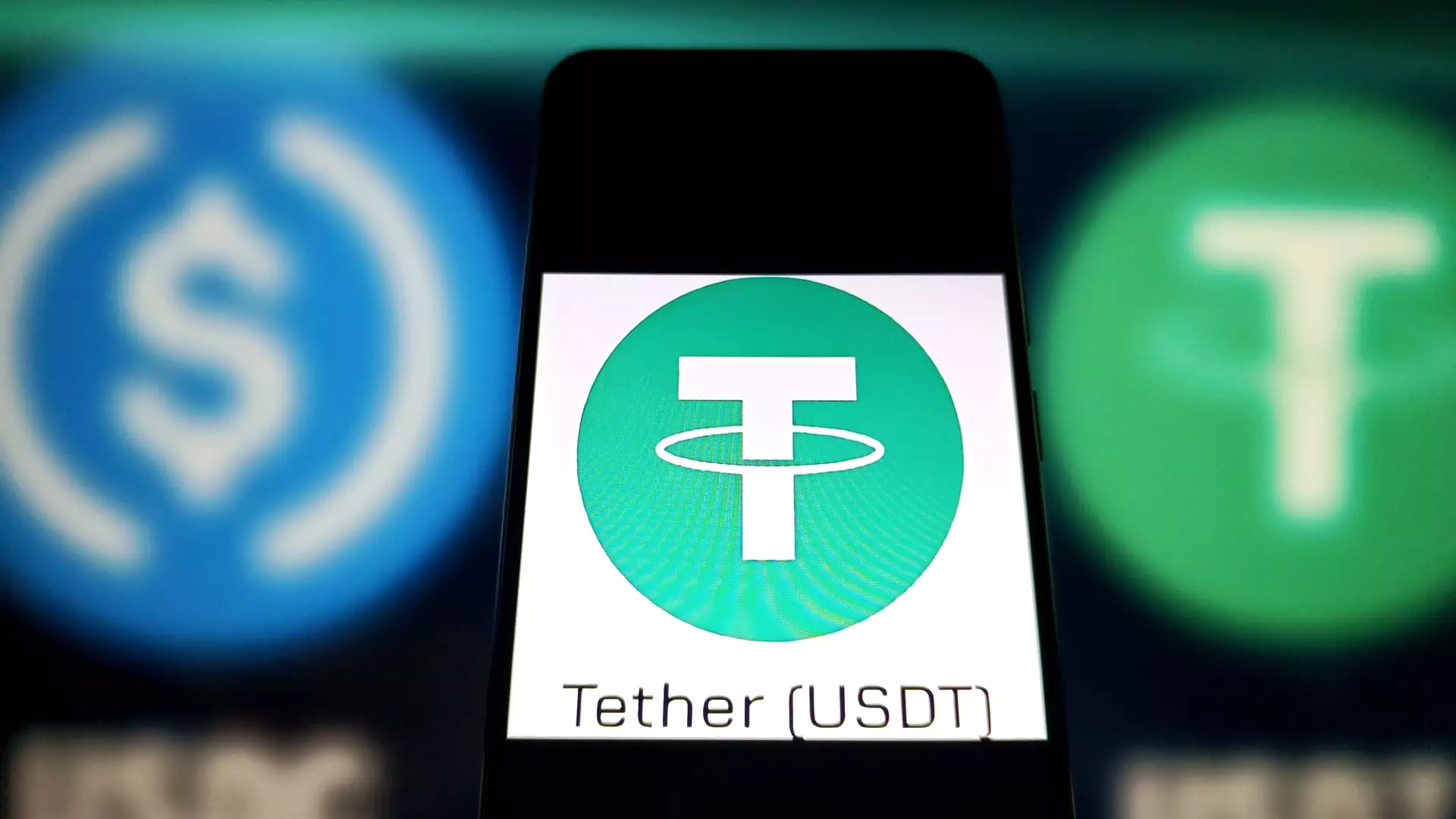In a move that could redefine the landscape of digital finance, Hong Kong has passed a transformative stablecoin bill, aligning itself with the growing global trend towards cryptocurrency regulation. Unlike the unpredictable nature of assets such as Bitcoin, stablecoins are designed to maintain a stable value by tying their worth to tangible assets, such as fiat currencies or commodities. This crucial distinction places stablecoins at the nexus of innovation and stability, paving the way for a more secure digital economy.
The recent legislation, announced by the Hong Kong Monetary Authority (HKMA), marks a significant enhancement of the existing regulatory framework governing virtual assets. The new law will require stablecoin issuers to obtain a license, compelling them to adhere strictly to regulations concerning asset management and client asset protection. This move not only integrates stablecoins into Hong Kong’s robust regulatory environment but also forms a vital part of the global narrative seeking to promote financial stability through well-considered regulatory measures.
Regulation: A Double-Edged Sword
While regulation is often viewed as a necessary safeguard, it is also potentially stifling. In a field known for its innovation and rapid evolution, over-regulation could inhibit the creativity and entrepreneurial spirit that drives the cryptocurrency industry. The balance between enforcing rules and allowing for innovation is delicate. As the HKMA develops its detailed framework through ongoing consultations, it becomes crucial that its approach supports growth without tipping into oppressive oversight.
Critics may argue that the licensing requirements and the strict asset management protocols could scare off promising projects, especially startups that lack the capital to meet the demands. The financial implications cannot be ignored — while larger companies might navigate these new regulations, smaller players could find themselves disproportionately burdened. As Hong Kong aims to become a leader in compliant digital finance, it should remain vigilant not to lose diversity and creativity in the sector it seeks to nurture.
Global Trends Influencing Local Legislation
This important step taken by Hong Kong reflects a broader global movement towards regulating stablecoins and digital assets. Just days ago, the U.S. Senate advanced the GENIUS Act, aimed at providing regulatory structures for stablecoin issuers. Similarly, regions such as the European Union, Singapore, and Japan have also made moves to establish frameworks to regulate digital assets. The concerted global effort underscores the recognition of stablecoins as critical components in the future of finance.
Chengyi Ong from Chainalysis aptly notes that stablecoins represent the backbone of the cryptocurrency ecosystem, facilitating seamless transactions that traditional financial systems struggle to achieve. The practical applications of stablecoins in addressing issues such as slow cross-border payments underscore their potential to bring efficiencies into financial practices.
The Future of Digital Finance: Challenges and Opportunities
By advocating for a regulated environment that emphasizes stablecoins, Hong Kong may be positioning itself to attract institutional investors who seek reliability. YeFeng Gong from HashKey OTC emphasizes the importance of the regulations requiring full reserve backing and strict redemption guarantees as vital steps to foster trust. However, this space remains fraught with challenges, including the need for ongoing consultations and adjustments based on industry feedback.
Moreover, an imperative exists for collaboration among global regulatory bodies to ensure a cohesive approach that promotes responsible growth. As governments navigate this emergent field, they must consider the impact of their regulations on the broader market. Regulations that enforce transparency while supporting innovation will be imperative to unlocking the full potential of stablecoins.
As Hong Kong champions this initiative, the world watches closely. The implications of this bill do not merely pertain to Hong Kong but reflect a dynamic interplay of political and economic sovereignty amidst a rapidly evolving landscape of digital finance. Ensuring that regulation supports sustainable growth is the key to empowering the financial innovations of tomorrow, fostering a thriving economy that embraces the potentials of stablecoins while ensuring consumer protection.

Leave a Reply